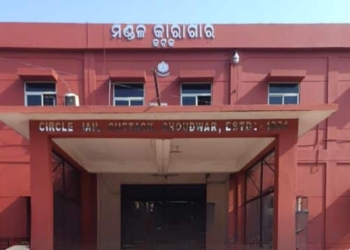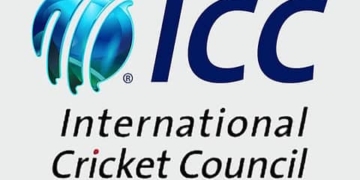As India delivered a decisive blow to cross-border terrorism under Operation Sindoor, one name resurfaced with chilling familiarity—Bahawalpur, the epicenter of Jaish-e-Mohammed’s terror machinery and a place deeply etched in journalistic tragedy.
India’s Operation Sindoor has not only struck at the heart of Pakistan’s terror infrastructure but also delivered what many see as long-overdue justice for American-Jewish journalist Daniel Pearl.
Asra Nomani, a former Wall Street Journal reporter, shared a haunting memory of her colleague and close friend Daniel Pearl, who was brutally murdered in 2002 after investigating terror camps in Bahawalpur. Pearl’s death, she said, wasn’t just a killing—it was a betrayal, carried out by terrorists and abetted by the state structures of Pakistan.
In a powerful post on X, Nomani wrote:
“When I heard India bombed training camps in Pakistan this week in Operation Sindoor, in response to a terrorist rampage in Kashmir, I had one city’s name on my lips: Bahawalpur.”
Pearl had gone to Pakistan in December 2001 to track the rise of terror networks following the 9/11 attacks. This included a stop in Bahawalpur just after Pakistan’s then-President Gen. Pervez Musharraf had pledged to dismantle militant outfits following the attack on the Indian Parliament. Instead, Pearl found the camps thriving.
Indian airstrikes have eliminated Abdul Rauf Azhar, operational chief of Jaish-e-Mohammed and a central conspirator in Pearl’s 2002 kidnapping and murder.
In a tragic twist, Pearl’s fixer unknowingly linked him to Omar Sheikh, a British-Pakistani radical and former LSE student who had previously been jailed in India but was released during the infamous IC-814 hijacking deal. Sheikh would go on to orchestrate Pearl’s abduction, handing him over to terrorists who later released gruesome proof-of-life images and a chilling video of his murder.
Operation Sindoor, India’s recent cross-border surgical strike, has reignited memories of Pearl’s sacrifice. Among the nine sites targeted was Markaz Subhan Allah in Bahawalpur—JeM’s de facto HQ and indoctrination hub. The Indian airstrike reportedly neutralized key JeM operatives, including relatives of Masood Azhar, and destroyed infrastructure linked to previous attacks like Pulwama.
Nomani, reflecting on the failed promises of Pakistani authorities and the selective justice offered by courts, said:
“Pakistan never jailed those men. It used them as weapons against India.”
Despite a conviction in 2002, Omar Sheikh’s sentence was overturned in 2020 by the Sindh High Court, and Pakistan’s Supreme Court later allowed him to live in a government safe house—an outcome widely condemned.
Pearl’s ultimate killer, Khalid Sheikh Mohammed, confessed during U.S. detention that he beheaded the journalist with his “blessed right hand.” But the masterminds and supporters of Pakistan’s terror ecosystem continued to operate with impunity—until India’s bombs spoke in place of broken international promises.
News18, citing sources, has reported that Indian airstrikes have eliminated Abdul Rauf Azhar, operational chief of Jaish-e-Mohammed and a central conspirator in Pearl’s 2002 kidnapping and murder.
Rauf Azhar, younger brother of JeM founder Masood Azhar, was also the mastermind behind the 1999 IC-814 hijacking, which resulted in the release of Al-Qaeda operative Omar Saeed Sheikh. Sheikh would later go on to abduct and behead Daniel Pearl, a reporter with The Wall Street Journal, in a brutal execution that shocked the world.
Daniel Pearl, once a storyteller of truth, now remains a symbol of what unchecked terrorism can claim—and what justice delayed can still achieve through strength and resolve.





























